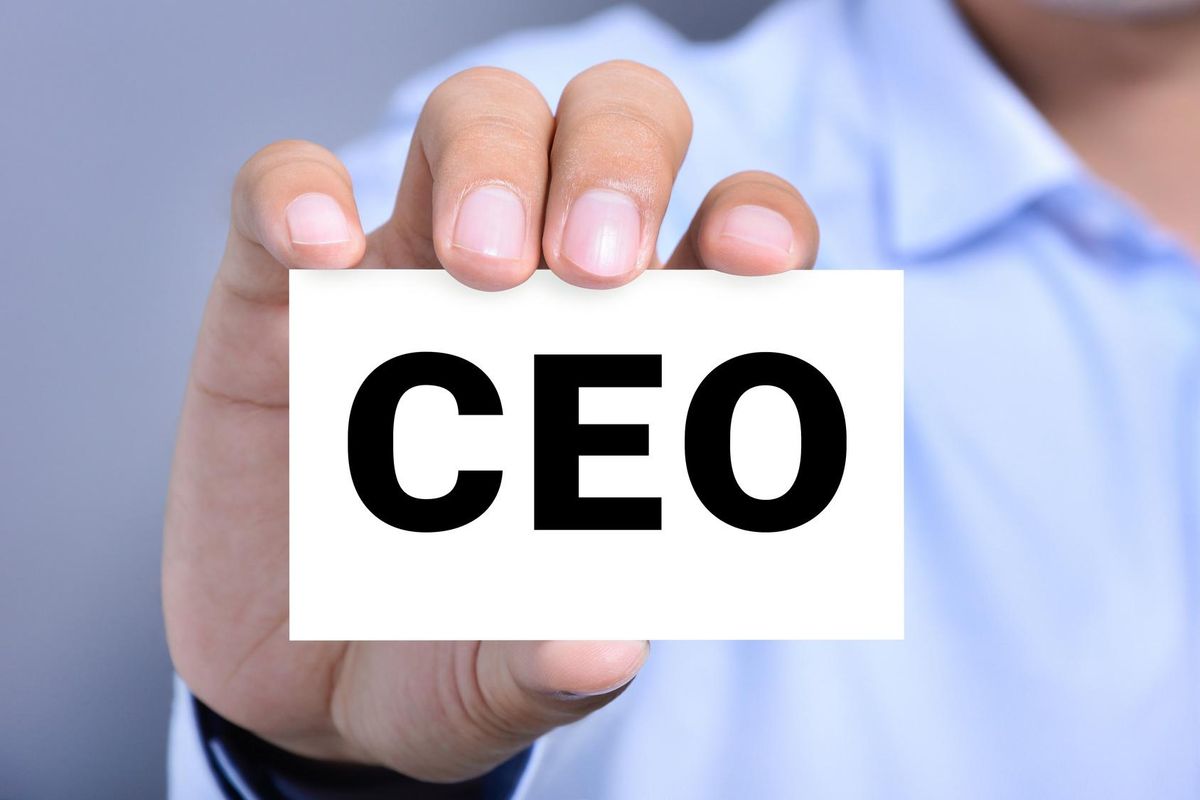
Making the Transition From Entrepreneur to CEO
Maybe you’ve been dreading it. Maybe you’ve been waiting for it. Or maybe you haven’t expected it at all. But it’s time … to make the transition from entrepreneur to CEO.
Drama aside, the shift from entrepreneur to CEO is a big one—and it can make or break your business.
What are the differences?
If you don’t know the intricacies of the two positions, then talking about them separately might seem nonsensical. But, actually, they demand very different responsibilities and qualities. Let’s look a bit deeper into what separates entrepreneurs and CEOs.
The roles
Let’s start with the two different sets of responsibilities that differentiate entrepreneurs and CEOs:
Entrepreneurs—On the one hand, entrepreneurs are the visionaries; they built their business from the ground up. Starting with an innovative idea, nurturing it, and growing it into a successful company takes grit, self-confidence, energy, and a deeply intuitive sense of “how can I do this better?”
And these traits channel themselves into an entrepreneur’s responsibilities. At first, these include absolutely everything. An entrepreneur runs everything herself, at least until she can bring others onto her team—and then she runs most things, and manages everything else.
The main responsibility of an entrepreneur is to create—to come up with that great, groundbreaking idea, and to see it through to some sort of fruition. A business’s entrepreneur needs to understand the market, identify the right customers, build a powerhouse team, set sensible goals, and approach the competition smartly.
Finally, the last big responsibility of an entrepreneur is to raise money for the business, whether that means fronting her own savings, looking out for investors, or searching for other funding sources.
CEOs—On the other hand, CEOs are all about management. The chief executive officer’s main responsibility is right there in the title: executing.
The CEO needs to make hard decisions, analyze situations objectively, put her own biases aside, plan new ventures, and make sure everything that needs to get done, gets done. As the highest managerial position, the CEO essentially manages everyone in the business—though she delegates efficiently and appropriately to do so.
It’s the CEO’s job to build the infrastructure for her business to succeed, scale, and adapt. If an entrepreneur is a free-thinking architect with lofty designs, then the CEO is a structural engineer mapping out exactly what can be built, how it can be done, and at what cost.
The qualities
So what makes the best entrepreneurs and CEOs good at their jobs—and what are the different qualities that are most important for each?
Entrepreneurs—A great entrepreneur is creative, driven, self-confident, and in control. He’s motivated to move fast and break things, as Mark Zuckerberg popularized—to take risks, test out new options, and make mistakes in the interest of finding the best way to do something.
When it comes to work style, an entrepreneur can be a lone wolf and a team player all at once. He’s the leader of the pack.
CEOs—Meanwhile, the CEO is all about processes, systems, and standard operating procedure. He’s data-based instead of intuition-based, rationally suspicious of new projects, and ultimately realistic in his goals and methods.
Whereas the entrepreneur carries the company on his back, the CEO delegates tasks and departments to the right employees. Like Steve Jobs said: “It doesn’t make sense to hire smart people and tell them what to do; we hire smart people so they can tell us what to do.” The CEO is all about teamwork, accountability, and organization—he’s the coach of the team.
What are my options?
So you’ve decided that you need a CEO, either because your business is growing too large to lack that position now—some put that metric at a million dollars of revenue or more—or because you’re thinking ahead.
Hopefully it’s evident by now, but choosing not to invest in a CEO role can be a big mistake for many businesses. While it’s a complicated position, it’ll help your business succeed with scalability and culture in mind. If you’re looking to expand substantially and smartly, then having a CEO is a must.
From entrepreneur to CEO
In some ways, transitioning from entrepreneur to CEO is a conceptual move—not a tactical one. If you’re considering making the jump from creator to executor, think deeply about your skills, abilities, and qualities.
Shifting gears from the entrepreneurial leader to the managerial overseer can be difficult. You’ll often feel inclined to slip back into the role of innovator, but a good CEO knows how to delegate big projects and focus on keeping the company running the best it can.
Hiring a CEO
Be honest with yourself—can you successfully shift from entrepreneur to CEO? Would it be in the best interest of your business?
There’s nothing wrong with favoring the fast-moving, rule-breaking role of entrepreneur over the risk-averse, big-picture position of CEO! If you don’t think you’d make the best CEO for your company, then simply hire someone who will help you take your business to the next level of its growth.



